
A stronger partner: How Europeans can make the most of the EU-US Trade and Technology Council
In this year of elections, Europeans can make progress on numerous fronts with the US by investing in the Trade and Technology Council

In this year of elections, Europeans can make progress on numerous fronts with the US by investing in the Trade and Technology Council

The security challenge posed by Chinese electric vehicles is in many ways greater – and trickier to solve – than that of 5G networks. With such cars entering the European market at growing speed, policymakers need to move swiftly
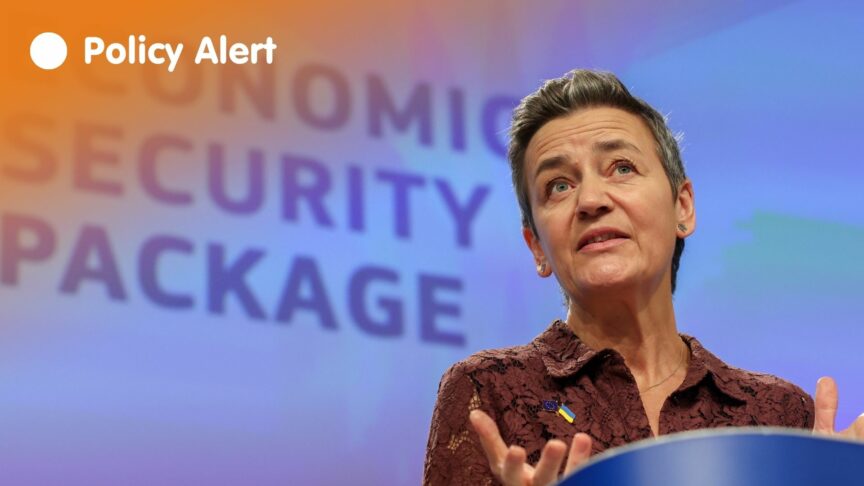
The EU needs to complement defensive economic security measures with a focus on boosting its technological and industrial capacities. For this it needs a bold, security-driven investment plan
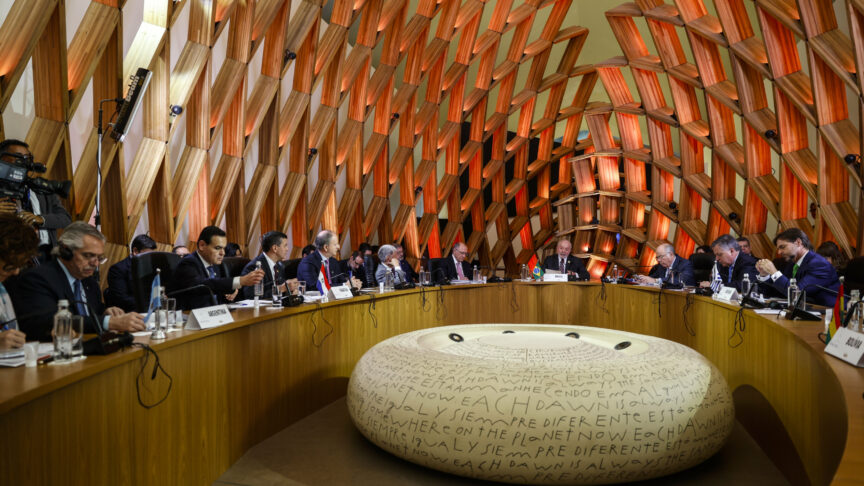
Deepening ties with Mercosur countries makes perfect sense as part of the EU’s de-risking efforts to diversify economic ties away from China. Further delays in signing a free trade deal would push Latin America closer to China’s orbit – for good

The electric vehicle industry demonstrates the challenges of de-risking in practice. The EU needs more than tariffs if it wants to prevent a looming over-dependence on Chinese electric vehicles without strangling its own green ambitions
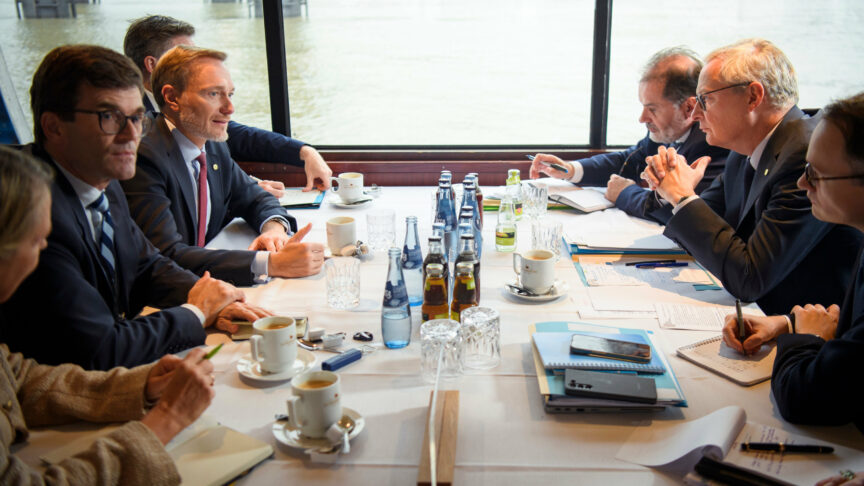
European leaders have an opportunity to reform the EU’s fiscal rules at the European Council meeting in December, but they are currently divided by competing concerns over stability and growth. A European debt agency could achieve both of these, and provide the EU with the money it needs to address today’s geopolitical crises

Europe risks becoming a taker, not a maker, of economic security norms. To prevent this, the EU should develop a European economic security mechanism
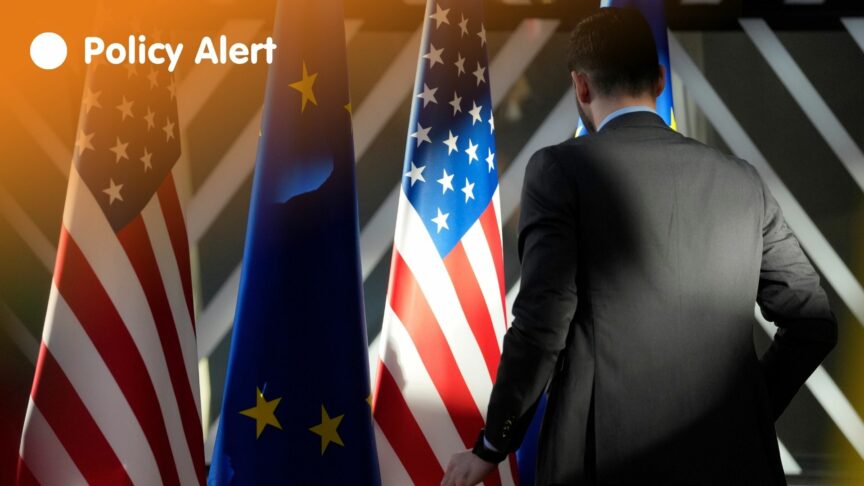
The upcoming US-EU summit highlights a sharp improvement in transatlantic relations. It could bring meaningful progress for the EU in three economic areas
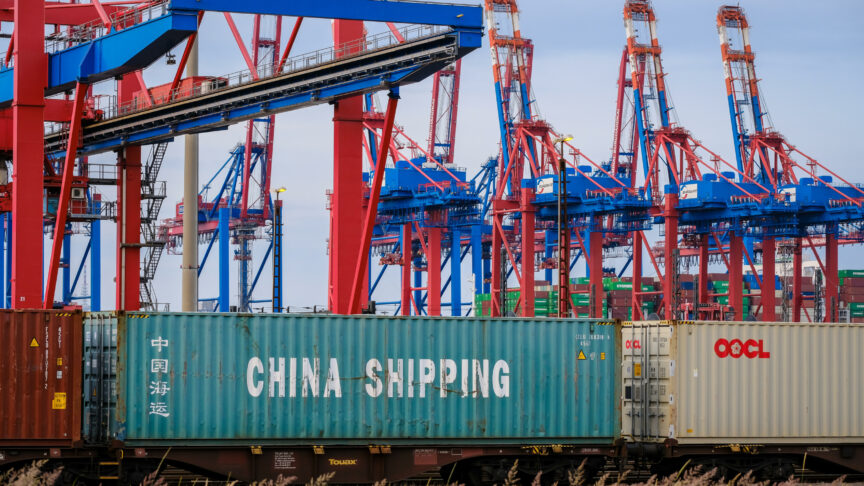
The recently unveiled EU list of critical technologies highlights the difficulties of de-risking for the bloc. To avoid seeing the process stall, the EU must get the private sector on board, admit that European tech supply chains are still distant, and acknowledge that de-risking is all about China

The EU’s critical technology list signals a shift in economic security thinking, but it is just one piece of the puzzle